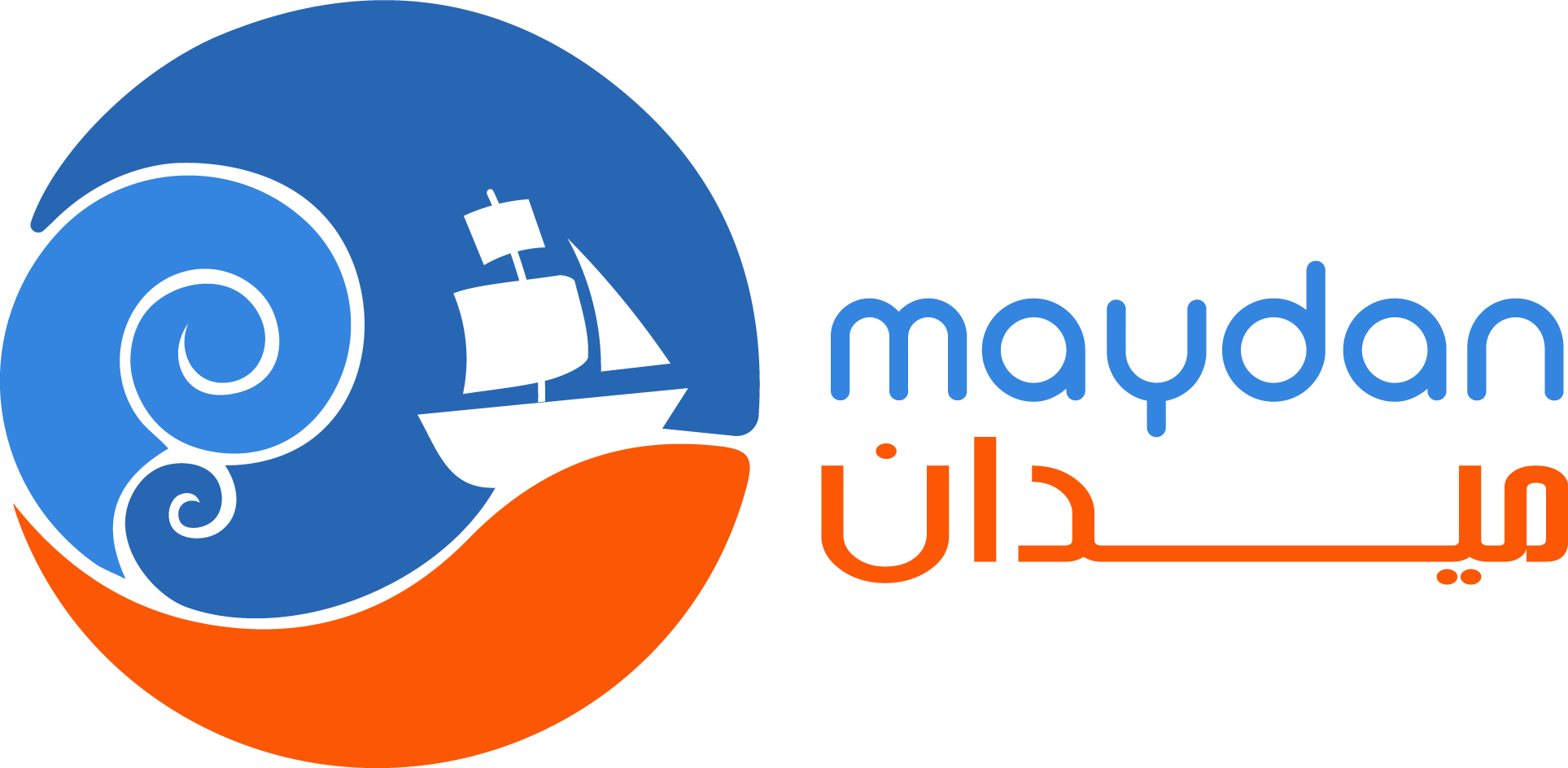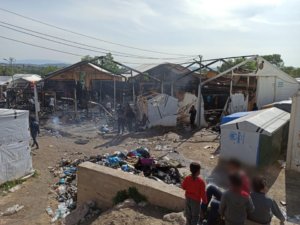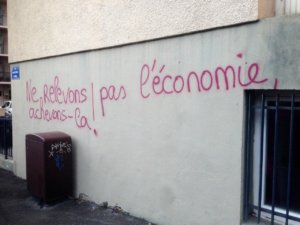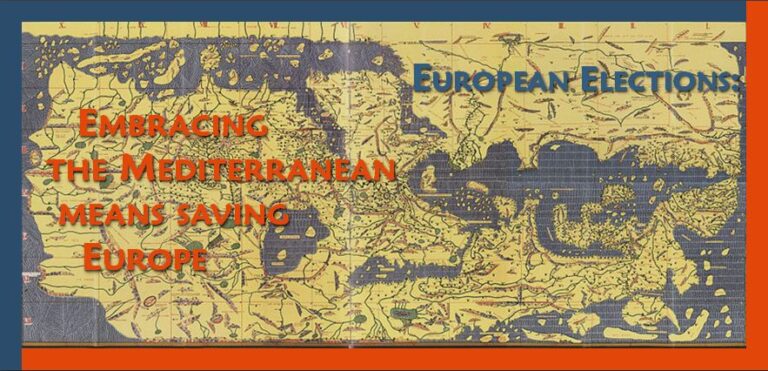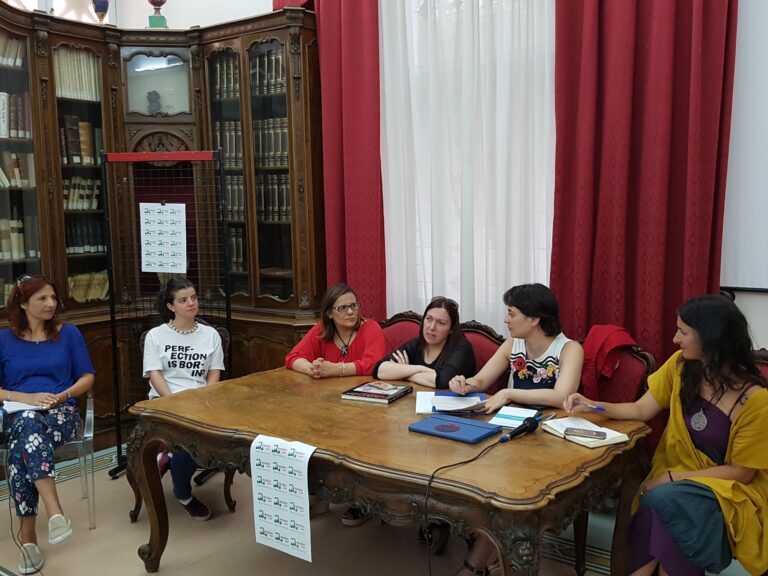On the 19th of April, a fire erupted at Vial refugee camp in Chios, where more than 5,000 people are currently living in a space intended for around 1,000 only.
A 47-year-old woman from Iraq died. Although her Covid-19 test was negative, there were rumors that she had died from the virus, and that erupted into a protest which degenerated into a fire ripping through the camp, and rendering up to hundreds of people homeless.
Since the beginning of the pandemic, fears are growing about the risk that a virus break in the overcrowded refugee camps would bring to a human and sanitary disaster.
Already 23 refugees were tested positive in Ritsona camp, without having symptoms though, which ended up into putting the camp under quarantine for 14 days. Fears from the Greek government, from the refugees and the locals are rising as the camps are extremely overcrowded. Moria camp has 20.000 people while it was designed for 3000 ones. It has one water tap for 1000 people and one bathroom for hundreds of people only! Social distancing is therefore not an option.
Even if applying the principle of herd immunity were in the plans, one could employ it on a group of people with such a weakened immune system!
Five thousand doctors from all around Europe support #SOSMoria, an initiative of two Dutch physicians from “Doctors without Borders” that demands the evacuation of the refugee center and the reallocation of refugees into empty houses and hotels.
On the 13th of April, the Greek Ministry of Migration announced the transportation of 2000 vulnerable asylum seekers from the islands to the mainland due to the pandemic. A new programme from the International Organization for Migration with UNHCR, called “Voluntary returns”, has been launched – what are essentially subsidized deportations – with a subsidy increase by the EU reaching up to 2,000 € per person, five times the usual sum offered to migrants earlier to help them rebuild their lives in their country of origin. This is the programme that EC Commissioner Johansson announced during her visit to Greece in mid-March, and Deputy Minister George Koumoutsakos undertook to implement. The offer will last one month, as the European Commission fears an open-ended scheme would attract more migrants to Europe. Even if it won’t apply to homeless refugees, will it be enough to persuade so-called “economic migrants” to go back to their impoverished regions or war-torn countries like Afghanistan or Syria?
Refugees will be the lost souls of the pandemic, as their situation before the pandemic was already catastrophic. Refugees are blocked in the islands, which have become open prisons for them, while the local communities are feeling abandoned and becoming more and more desperate. On the top of that, the extreme Right is gradually overcoming whatever solidarity movement which was active until now in the region.
Very few solidarity NGOs are courageous enough to continue being active as their volunteers were getting targeted by the extreme Right groups, solidarity spaces got burned, and fear is growing.
Last March, public attention moved to Northern Greece, in Evros, as Turkey’s president Erdogan was using refugees in a pressure game with Europe, sending them by hundreds to Turkish-Greek frontiers. An event that fueled once more nationalistic feelings in the Greek society.
Last worrying event was when a couple of women in the camp of Kranidi – who were forced to prostitute themselves to survive – were found positive to Covid-19. The reaction of the local society was shocking: people were not outraged by the situation women face in the camps – the lack of protection, the risk of prostitution – but by the fear that these women would spread the illness to the good Christian family men of the area.
The good examples of solidarity we were used to see back in 2015 are long gone, as all Greece has been dressed in blue, the color of the right wing party Nea Dimokratia, governing Greece at almost all governance levels and almost everywhere, after the triple elections of last year. The narrative of “Refugees really not welcome” is mainstream, in a tentative to refrain them from crossing the Aegean. Last February, the Greek government had even the idea to make a floating dam to prevent the boats from approaching the islands! Fortunately, an absurd as unrealistic idea.
Inhumanity has reached new levels, and the stories we are hearing every day are worse and worse.
We see unused tourist hotels left empty under the coronavirus crisis, the agricultural sector is asking an agreement with Albania to bring workforce on the fields, as if there were not enough manpower in the country to work the land. And all of that while refugees are packed in the camps, blocked and unable to work, hungry and with tremendous sanitation needs.
